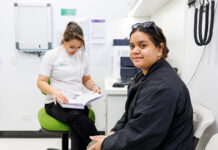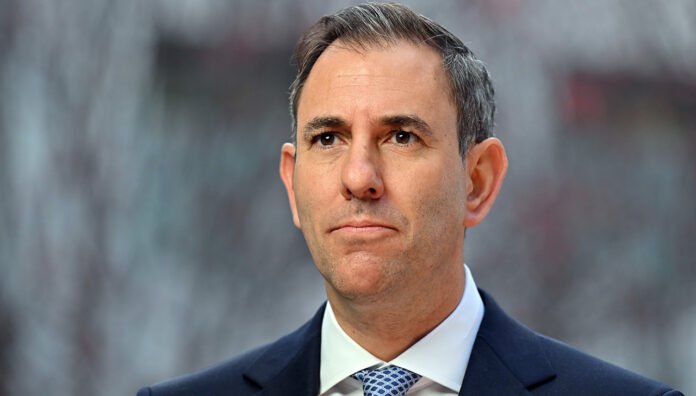
Cheaper medicines, expanded vaccination services and clarity on pharmacist programs and agreements were central to the 2024–25 federal budget handed down last night in Canberra.
After several years of interest rate hikes and soaring inflation, the focus of the Albanese government’s 2024–25 budget – was on the cost-of-living, with the announcement of a $7.8 billion relief package.
Central to this initiative, among others, is ensuring essential medicines are affordable, and healthcare services are accessible.
Australian Pharmacist breaks down the key budget measures that impact pharmacists and patients.
1. Cheaper medicines for all
A focal point of the government’s cost-of-living relief package is funding for a $469.1 million Cheaper Medicines initiative.
This includes a freeze on Pharmaceutical Benefits Scheme (PBS) indexation for at least 1 year so medicine prices stay stable as the cost of living continues to increase.
First Nations Australians will also benefit from an expansion to the Closing the Gap PBS copayment, which will now include all PBS medicines dispensed by community pharmacies, hospital, or approved prescribers. This will ensure essential medicines are either free or cheaper for Aboriginal and Torres Strait Islander peoples, with PSA long advocating for better access to medicines for First Nations Australians.
Other medicine funding measure include investments of:
- $1.3 billion to expand access to COVID-19 antivirals
- $151.1 million to improve access to dose administration aids, lifting the service cap from 60 to 90 services per pharmacy per week
- $26 million over 2 years (2025–26) for subsidised pre-exposure prophylaxis (PrEP) HIV prevention medicines for patients without access to Medicare
- $4.8 million per year ongoing to expand access to NIP shingles vaccination.
‘Measures like lifting the cap on DAAs and investing in PBS medicines access for
First Nations people are a step in the right direction, ensuring that support is rightly focused on priority populations,’ said PSA National President Associate Professor Fei Sim FPS.
‘Measures like lifting the cap on DAAs and investing in PBS medicines access for
First Nations people are a step in the right direction, ensuring that support is rightly focused on priority populations,’ said PSA National President Associate Professor Fei Sim FPS.
2. An expansion to the NIPVIP program
In its 2024–25 pre-budget Submission, PSA recommended a funding boost for the NIPVIP program to allow pharmacists to provide vaccination services in aged care and disability homes. Minister for Health and Aged Care Mark Butler MP actioned this request in April via a $0.9 million investment in a NIPVIP program expansion.
NIPVIP payments will also be indexed in line with Medicare Benefits Schedule (MBS) indexation from 1 July 2024.
Lifting remuneration to meet the rising costs of service delivery allows pharmacists to continue delivering critical vaccination clinics, said PSA CEO Adjunct Associate Professor Steve Morris.
‘Adequate pharmacist remuneration is critical to ensuring that these essential services delivered by pharmacists can be delivered sustainably, which ultimately protects and maintains equitable access to vaccination services for all Australians,’ he said.
3. Funding and date for ACOP program confirmed
The Aged Care On-site Pharmacists (ACOP) program will benefit from $333.7 million in funding, allowing credentialed pharmacists to work on-site in residential aged care facility (RACF) from 1 July 2024.
Pharmacists who wish to participate in the ACOP workforce will need an Aged Care residential and a Medication Management Reviews (MMR), should they wish to provide Residential Medication Management Reviews.
There will also be a a transition measure that allows pharmacists with only the MMR credential to work in a RACF.
More details on the MMR recognition of prior learning pathway, ACOP program participation and funding pathways is available on PSA’s Pharmacist Credentialing Page and the below explainer from Kerri Barwick, PSA General Manager of Education and Training.
4. Clarity on 8CPA
Following the government’s announcement of a $3 billion investment in the 8th Community Pharmacy Agreement in March 2024, there were some revelations on what that funding would go towards in last night’s budget, including a freeze on indexation of the PBS co-payment for:
- concession card holders (5 years)
- general patients (1 year).
This will see a phasing out of the optional $1.00 discount over time.
‘As negotiations on the 8th Community Pharmacy Agreement and other agreements continue, PSA is highlighting the importance of funding for the delivery and quality improvement of pharmacist programs to further support patient safety,’ said A/Prof Sim.
5. Other measures to improve healthcare access
With primary care services stretched and hospitals under pressure, the government announced a host of measures to improve healthcare access, including:
- the addition of 29 Medicare Urgent Care Clinics via a $227 million investment. This will ensure Australians can access walk-in bulk billed urgent care from 87 clinics without waiting in busy emergency departments.
- an $882.2 million investment to take pressure off hospitals to allow older Australians to get medical support when they don’t need to stay in hospital, freeing up beds for patients who do.
- a $361 million investment over 4 years to expand free mental health services. This includes the launch of an early intervention service, free mental health services through 61 walk-in Medicare Mental Health Centres, and funding for Primary Health Networks to bring on mental health nurses and other allied health supports at GP clinics to support patients with complex needs between GP and specialist appointments.
- a $160 million investment in women’s health initiatives, including funding to ensure higher Medicare rebates for seeing gynaecologists for complex conditions such as endometriosis, a new breast cancer medicine and Medicare services for midwives to provide longer consultations pre-and-post birth.
6. PSA’s 2024–25 budget asks
While PSA’s welcomed the cost of living measures and expanded pharmacy programs to ensure more accessible healthcare, there were some missed opportunities to better service those in need, as outlined in PSA’s 2024–25 budget submission. This includes funding for:
- further expansion to the NIPVIP Program to boost vaccination rates by aligning pharmacist fees for administering NIP vaccines at no charge to patients, and expanding NIP eligibility to include all ages
- community pharmacist-led consultation services for treatment of common ailments, identification of undiagnosed chronic health conditions, administration of prescribed medicines and medicine safety after hospital discharge to reduce out-of-pocket costs to consumers
- integrating pharmacists within Aboriginal and Torres Strait Islander primary health, as recommended by the Medical Services Advisory Committee, to improve the health outcomes of Aboriginal and Torres Strait Islander people with chronic disease
- pharmacist participation in multidisciplinary case conferences to ensure quality use of medicines by patients with complex health conditions
- mental health first aid training for all pharmacists to support early identification of mental health issues and provision of appropriate initial support to people experiencing mental ill health.
The PSA will continue to advocate for funded programs to optimise the role of pharmacists across specialisations and practice areas.
‘We continue to highlight that pharmacists are key to improving Australians’ access to care and quality use of medicines and medicine safety,’ said A/Prof Sim.
‘This is only the start of the journey, and I look forward to working collaboratively with the government, the Department and other stakeholders on this important work.
‘On behalf of PSA and Australia’s 37,000 pharmacists, I commend Minister for Health and Aged Care Mark Butler, Treasurer Jim Chalmers MP on a budget addressing cost of living pressures of Australians.’


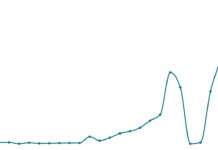
 Professor Anthony Lawler, Australian Government Chief Medical Officer,
Professor Anthony Lawler, Australian Government Chief Medical Officer, 
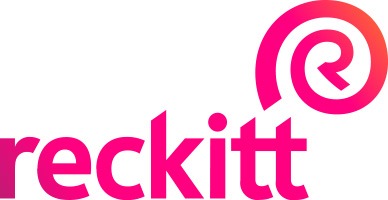 This CPD activity is supported by an unrestricted education grant by Reckitt.[/caption]
This CPD activity is supported by an unrestricted education grant by Reckitt.[/caption]
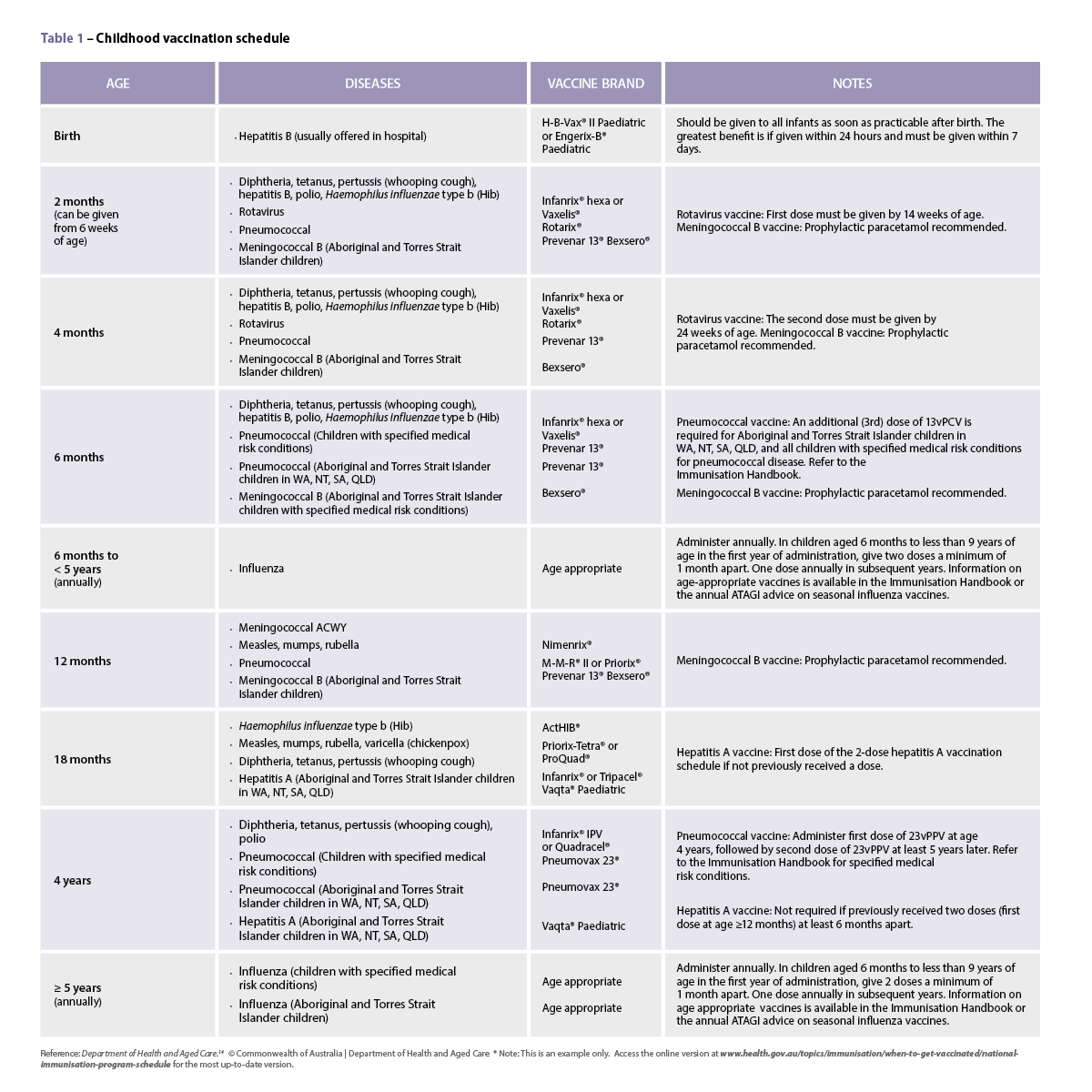 Case scenario
Case scenario
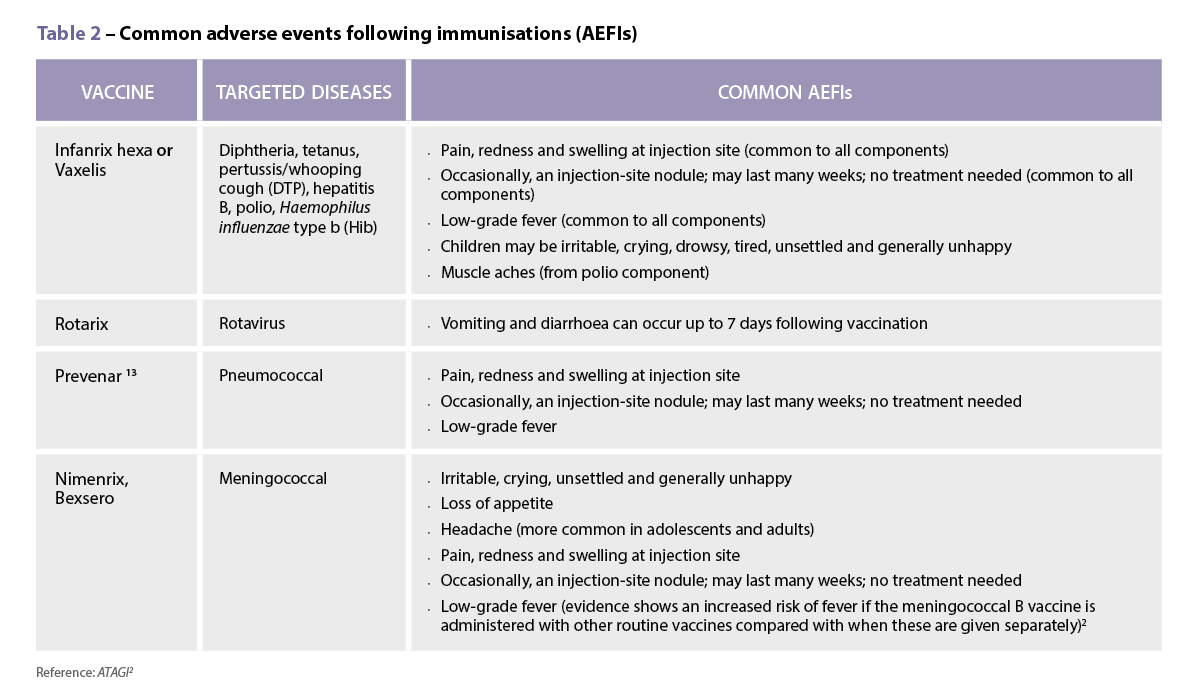




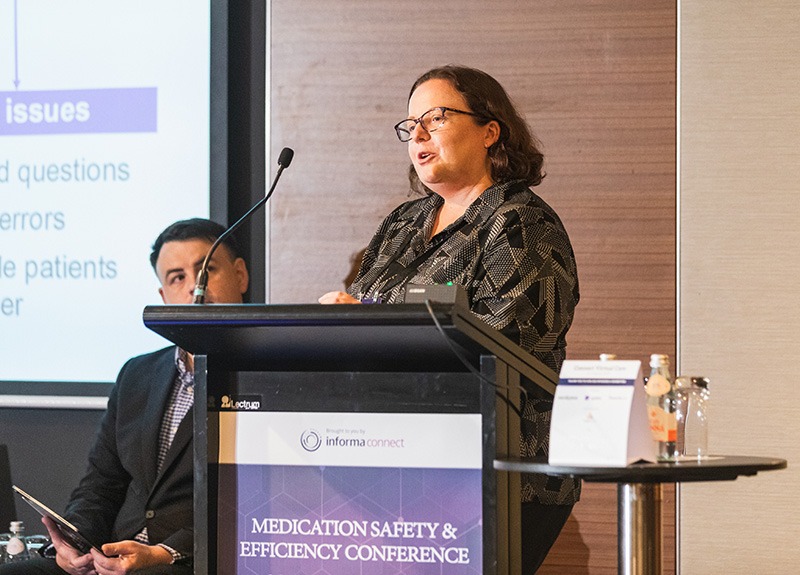 Jess Hadley, community pharmacist and Professional Officer at PDL[/caption]
Jess Hadley, community pharmacist and Professional Officer at PDL[/caption]
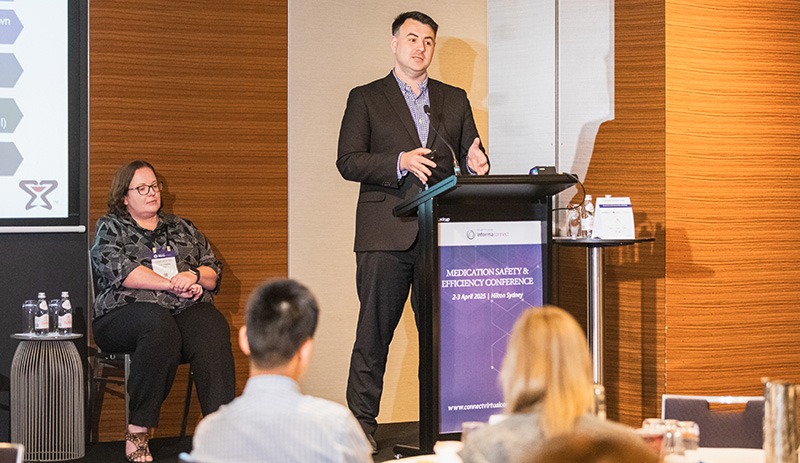 Peter Guthrey, Senior Pharmacist – Strategic Policy at PSA[/caption]
Peter Guthrey, Senior Pharmacist – Strategic Policy at PSA[/caption]
